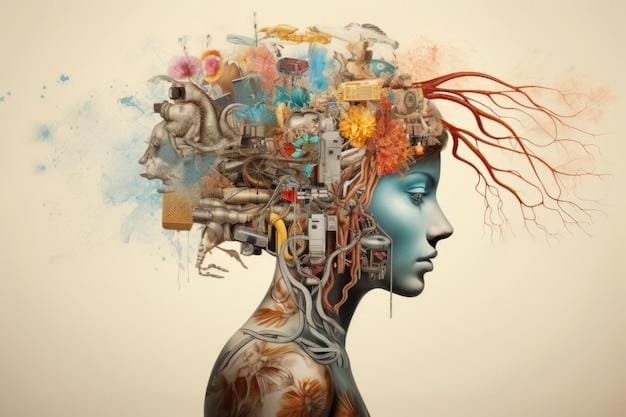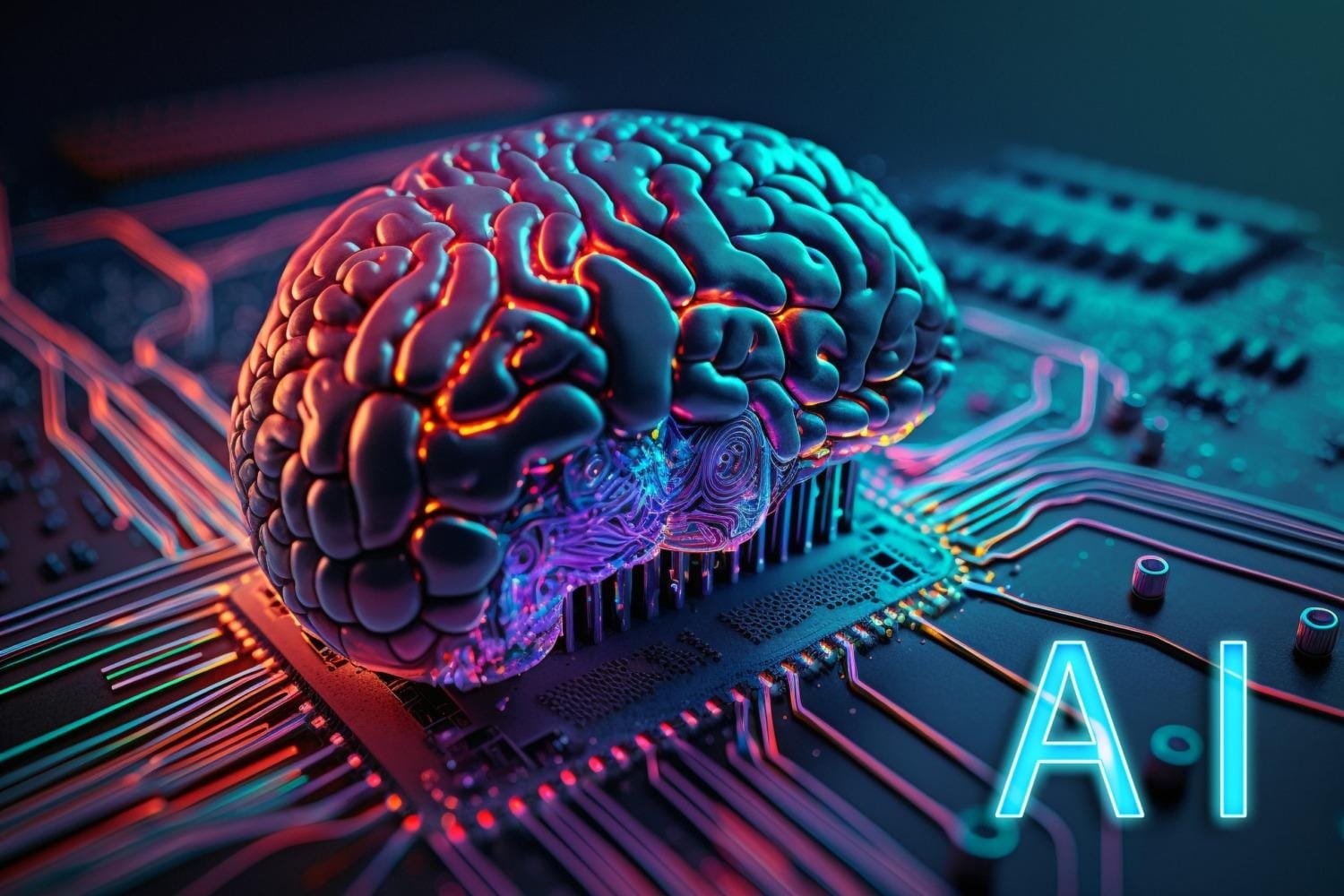Table of Contents
As we stand on the precipice of a new era, the landscape of artificial intelligence is evolving at an unprecedented pace. Once confined to the realm of science fiction, AI technologies are now woven into the very fabric of our daily lives. From virtual assistants that understand our whims to algorithms that predict our needs, the journey of AI is nothing short of extraordinary. But what lies ahead?
In the quest to uncover the future, we must explore the surprising paths that AI evolution is taking. These trajectories, often uncharted and filled with potential, invite us to consider how advancements might redefine our connections to technology, society, and each other. How will emerging innovations shape industries? What ethical dilemmas will arise? Understanding these questions is essential as we navigate this captivating terrain.
Exploring the Frontier: The Emerging Technologies Shaping AIs Future
The landscape of artificial intelligence is shifting rapidly as groundbreaking technologies emerge. Quantum computing, for instance, promises to enable AI systems to process vast datasets at unprecedented speeds, unlocking new capabilities. Meanwhile, the integration of 5G networks facilitates real-time data transfer, enhancing machine learning applications in various sectors from healthcare to autonomous driving.
Moreover, advancements in natural language processing equip AI with a deeper understanding of human communication. This fosters the creation of more intuitive virtual assistants and conversational agents. Emerging concepts like neuromorphic computing mimic human brain functions, paving the way for AI that learns and adapts in ways we have yet to fully comprehend.

Unveiling Complexity: Understanding AIs Ethical Implications in Society
The rapid advancement of AI technology has unleashed a wave of innovations, yet it also raises pressing ethical questions that cannot be ignored. As these intelligent systems become integral to our lives, we must grapple with their implications, which include:
- Bias and Discrimination: Many algorithms inherit prejudices from their training data.
- Accountability: Determining responsibility for AI-driven decisions is complex.
- Privacy Concerns: The potential for misuse of personal data presents real risks.
To effectively navigate these challenges, society must engage in open dialogues about AI governance, ensuring that ethical frameworks are established. Essential considerations include:
| Consideration | Implication |
|---|---|
| User Education | Empowering individuals to understand AI technologies. |
| Transparency | Making AI processes accessible to scrutiny. |
| Diversity in Development | Inclusion of varied perspectives in AI design. |

Charting the Course: Strategic Approaches for Businesses to Harness AI Innovations
As organizations embark on the journey of integrating AI technologies, they must adopt a multi-faceted strategy. Investing in talent is crucial; upskilling existing employees and recruiting new talent fosters an innovative culture. Marginal gains in productivity can lead to substantial benefits when paired with robust training programs that enhance employee capabilities. Furthermore, companies should explore partnerships with tech innovators, leveraging shared knowledge and resources to stay ahead in the rapidly evolving landscape.
Additionally, organizations should focus on customer-centric AI solutions. Understanding user needs allows for the creation of tailored applications that provide real value. Implementing agility in AI development enables frequent iterations, fostering improvements based on customer feedback. A keen eye on ethical considerations in AI usage is equally vital, ensuring responsible practices that build trust and enhance brand reputation. With these strategies, businesses can harness the full potential of AI innovations.

The Collaborative Horizon: Fostering Human-AI Partnerships for Enhanced Outcomes
In an era where technology and humanity intertwine, forged connections between human intellect and artificial intelligence can yield remarkable results. By creating collaborative frameworks, organizations can unlock efficiencies and cultivate innovative solutions, allowing both entities to thrive. This synergy empowers teams to harness the strengths of AI, transforming routine tasks into opportunities for advanced creativity.
Key elements to consider in cultivating these partnerships include:
- Trust: Building a foundation of reliability between humans and AI systems.
- Transparency: Ensuring clarity in AI processes to foster understanding.
- Empathy: Balancing technological advancements with human-centered design.
The results speak for themselves. Organizations that effectively engage in human-AI collaboration demonstrate enhanced productivity and a marked increase in innovation. Through tailored solutions, they have a unique opportunity to redefine their operational landscape, paving the way for future advancements.
Final Thoughts
As we stand on the brink of a future shaped by artificial intelligence, it is essential to reflect on the evolutionary journey that has brought us here. Understanding this trajectory equips us to better appreciate the complexities and implications of AI in our daily lives.
Key takeaways include:
- Unpredictability: The evolution of AI has often taken unexpected turns, revealing new challenges and opportunities.
- Interdisciplinary Collaboration: Success in navigating AI’s future requires input from diverse fields, including ethics, technology, and sociology.
- Continued Learning: Staying informed about emerging trends is vital for individuals and organizations alike.
as we navigate tomorrow’s landscape, embracing the surprising paths of AI evolution can lead to a more informed and adaptive society. By acknowledging both the potential and the pitfalls, we can steer the development of AI towards a future that serves humanity as a whole. The journey ahead may be uncertain, but by looking back and learning from the past, we can forge a brighter path forward.



